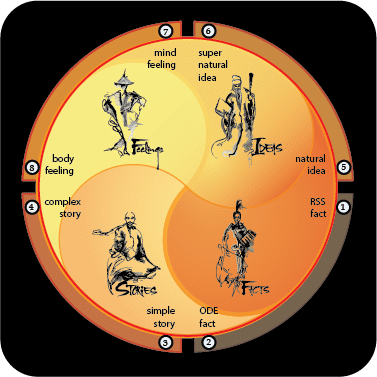Is the “any reasonable person” hypothesis helpful in understanding people’s motives?
One of the more limiting assumptions people make about human nature is that all human actions have motives; the “everything happens for reasons” hypothesis. This disregards the more obvious truth that human beings have a nature, including inherent “drives”; the kinds of things we tend to do BECAUSE WE ARE HUMAN. Unfortunately, from about age…
